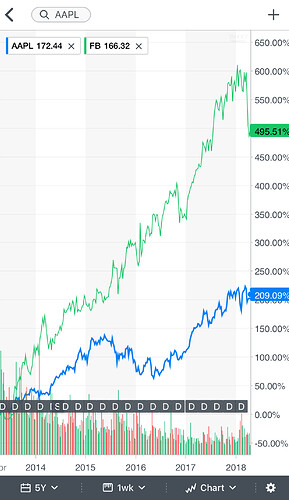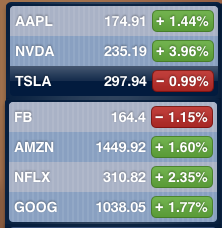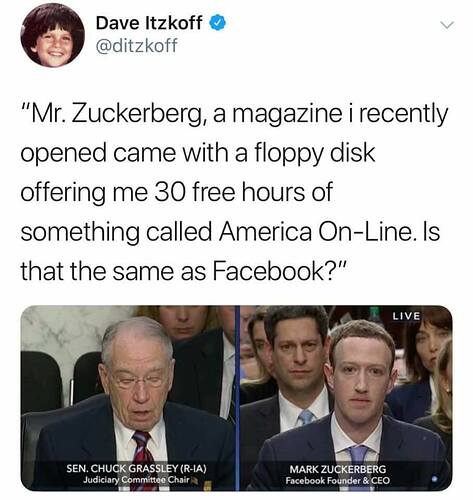Facebook CEO Mark Zuckerberg arrives to testify before a House Energy and Commerce hearing on Capitol Hill in Washington, Wednesday, April 11, 2018, about the use of Facebook data to target American voters in the 2016 election and data privacy. (AP Photo/Andrew Harnik)
On Wednesday, the second day of Congressional hearings, Facebook (FB) CEO Mark Zuckerberg finally addressed whether the company keeps a record of the websites or Facebook pages that users visit.
In response to questions from Rep. Gene Green (D-Tex.), Zuckerberg mentioned Facebook’s download a copy of your data feature. Green asked whether it contained all the data Facebook had on an individual, including browsing history, something that is not present in the data download feature.
Zuckerberg said, “I believe that all of your information is in that file,” suggesting that Facebook does not in fact keep records of people’s browsing history or Facebook pages.
However, after a five-minute break from a grilling by lawmakers, Zuckerberg corrected his initial answer after consulting with his team.
“In response to a question about whether web logs [browsing history] that we had on a person would be able to download your information, I said they were,” Zuckerberg said. “I clarified with my team in fact, the web logs are not in ‘download your information.’”
This statement reveals that Facebook does, in fact, store users’ browsing history on its platform.
However, Zuckerberg continued, “We only store them temporarily, and we convert the web logs into a set of ad interests that you might be interested in.” These are among the information documents that a person can download. “And you have complete control over that,” said Zuckerberg.
A Facebook spokesperson did not specify exactly how long “temporarily” means.
The clarification was a small moment of revelation — to Zuckerberg as well, apparently — and capped a two-day, 10-hour long session in which Zuckerberg answered lawmakers’ questions, over and over, about Facebook’s business model, its relationship with third-party apps and data, and its political leanings.
–
Can’t give a straight answer. How long is “temporarily”?








